The Harsh Reality of Reality TV
Photo by Shuly Zuo
December 11, 2019
From the dramatic outbursts from contestants on Love Island to the tense elimination process on Hell’s Kitchen, reality television has undoubtedly become significant in modern culture. Reality television is defined as a genre of television programming that documents unscripted real-life situations. However, how real is reality TV?
If you have ever watched romance reality TV shows, you would have witnessed the unnecessarily exaggerated drama that these shows revolve around. Contestants are constantly brawling with each other, fighting for money, love, or and sometimes both.
For example, on Love Island, one of the most popular reality TV shows today, contestants are put into a villa on an island for eight weeks and are forced to live in isolation without any contact with the outside world. They are constantly under surveillance, and their end goal is to win a cash prize of 50,000 pounds or 65,000 dollars. In order to win this prize, contestants must be coupled up and avoid being “dumped” from the island.
As much as these drama-filled episodes are addicting and can serve as an escape from reality for viewers, it is important to differentiate between what is real, and what are the false images that such TV shows paint. According to Mike Fleiss, creator and executive producer of The Bachelor, another dating show in which almost thirty women compete for one man, “Eighty percent of what people see on reality television is fake.” This may come as a shock to some, such as teenagers who are not able to recognize the manufactured “reality” behind these shows.

Furthermore, reality television is not only potentially harmful to viewers but a direct correlation between contestants and poor mental health can be drawn. There have reportedly been 40 deaths due to suicide since 1986 amongst people that have found fame on reality TV, including Love Island contestants Mike Thalassitis and Sophie Gradon. Despite this, over 100,000 people have applied to be contestants on Love Island this past summer, and it continues to be one of the most-watched TV shows. Overnight fame can be harmful to anyone, especially now, when social media can often be used as a platform for trolls. These contestants risk their mental health for potential fame and money―not the positive message teenagers should be receiving these days.
Contradictory to its name, reality TV is not entirely real. It would be wrong to claim all of it to be scripted and made up, but it does not, in any way, capture reality. However, resisting the temptation of escaping into a world of drama and chaos is nearly impossible. Therefore, it is up to us viewers to watch in moderation and differentiate our reality from the “reality” we see on these shows.

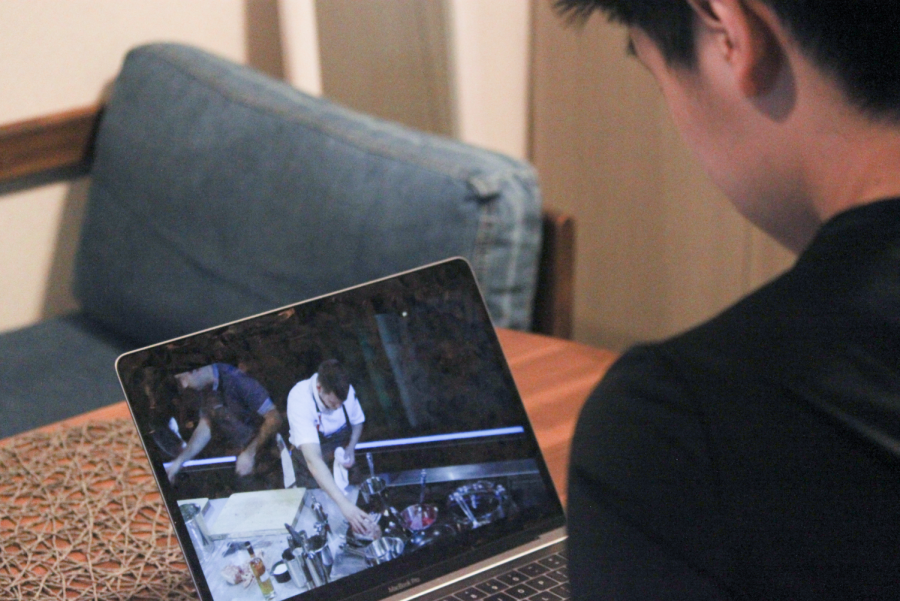





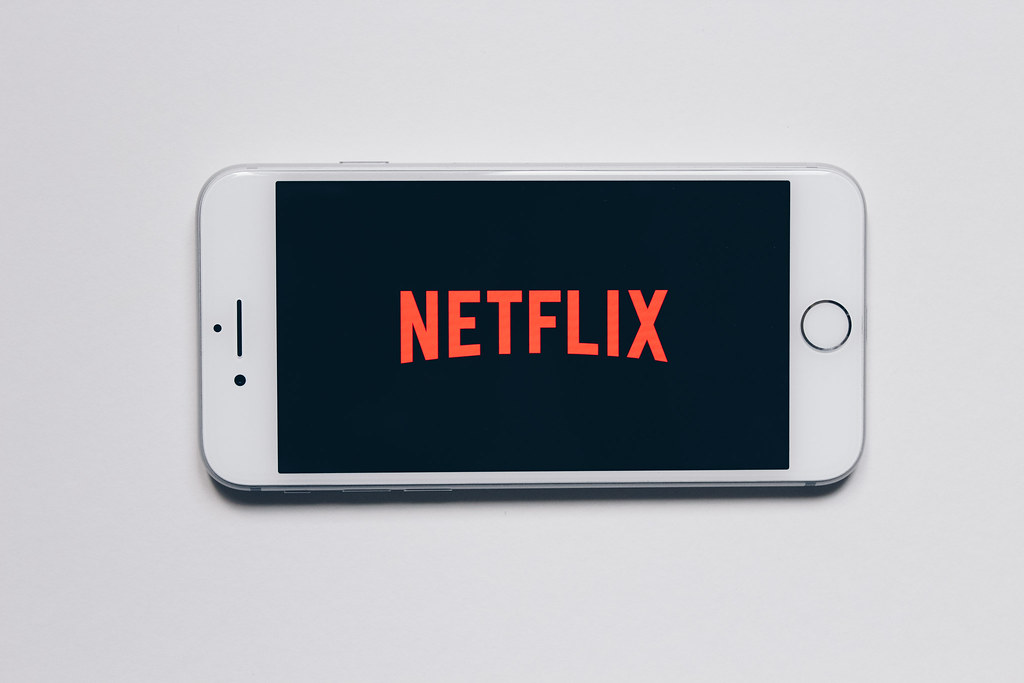




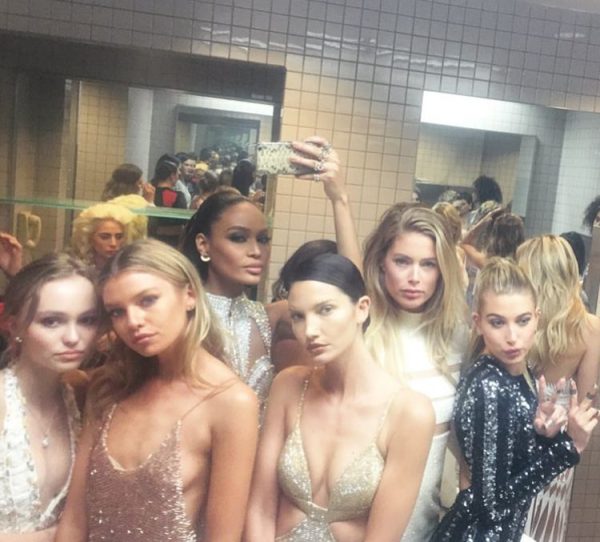
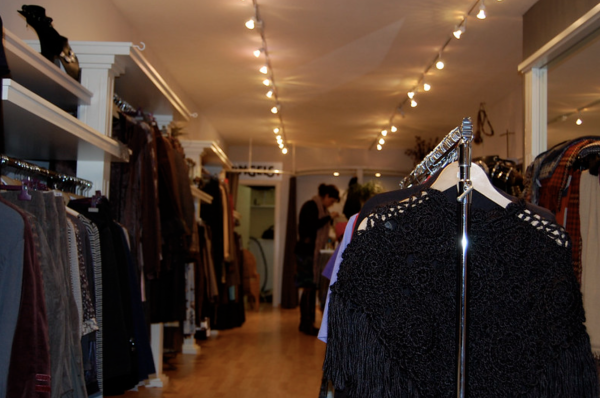




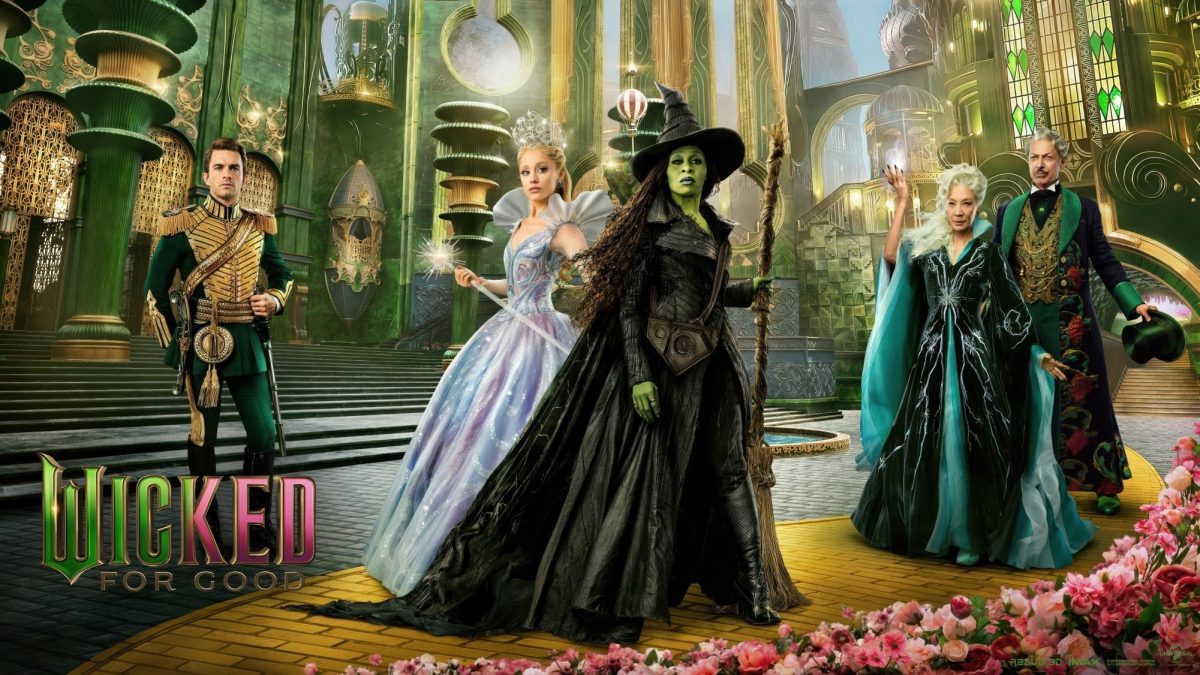



Danya • Dec 13, 2019 at 12:29 PM
This article not just simply tells us that reality shows are mostly fake, yet also informs people about the harmful consequences after sudden fame. It is important for the viewers to distinguish the scripted scenes and reality.
Gregor • Dec 13, 2019 at 12:23 PM
I knew something was off. The shows now just look strange, now that I know they are scripted. thanks for opening my eyes
Tei • Dec 13, 2019 at 8:49 AM
This article made me realize the harmful effects that reality TV can have on people. I knew that they were fabricated or planned to some extent, but I never considered it a huge problem as long as the viewers were enjoying the content. However, now that I am aware of what these shows can do to your mental health, I think I have a different opinion on these shows.
Moeka • Dec 13, 2019 at 8:38 AM
This was an interesting reminder that what we see on TV isn’t always the truth and that it’s entertainment after all. After reading this article I feel more aware of the truth behind reality shows and understand how social media can be a tough platform since it’s so easy for people to make quick judgements on others.
miyu • Dec 12, 2019 at 10:02 AM
I thought that this article was very interesting because I knew that the fake-ness of reality tv shows could affect the viewers in a negative way, but I had never thought about how it may affect the people who are actually in these tv-shows. This article made me realize how it could be harmful to have millions of people watching you on a tv show that many people will think is real, when in real life that isn’t how you act at all. I realize that when watching a reality tv-show, I shouldn’t be so quick to judge someone based off of their actions on tv, because it could be fake or scripted, in order to make it more interesting for the viewers.